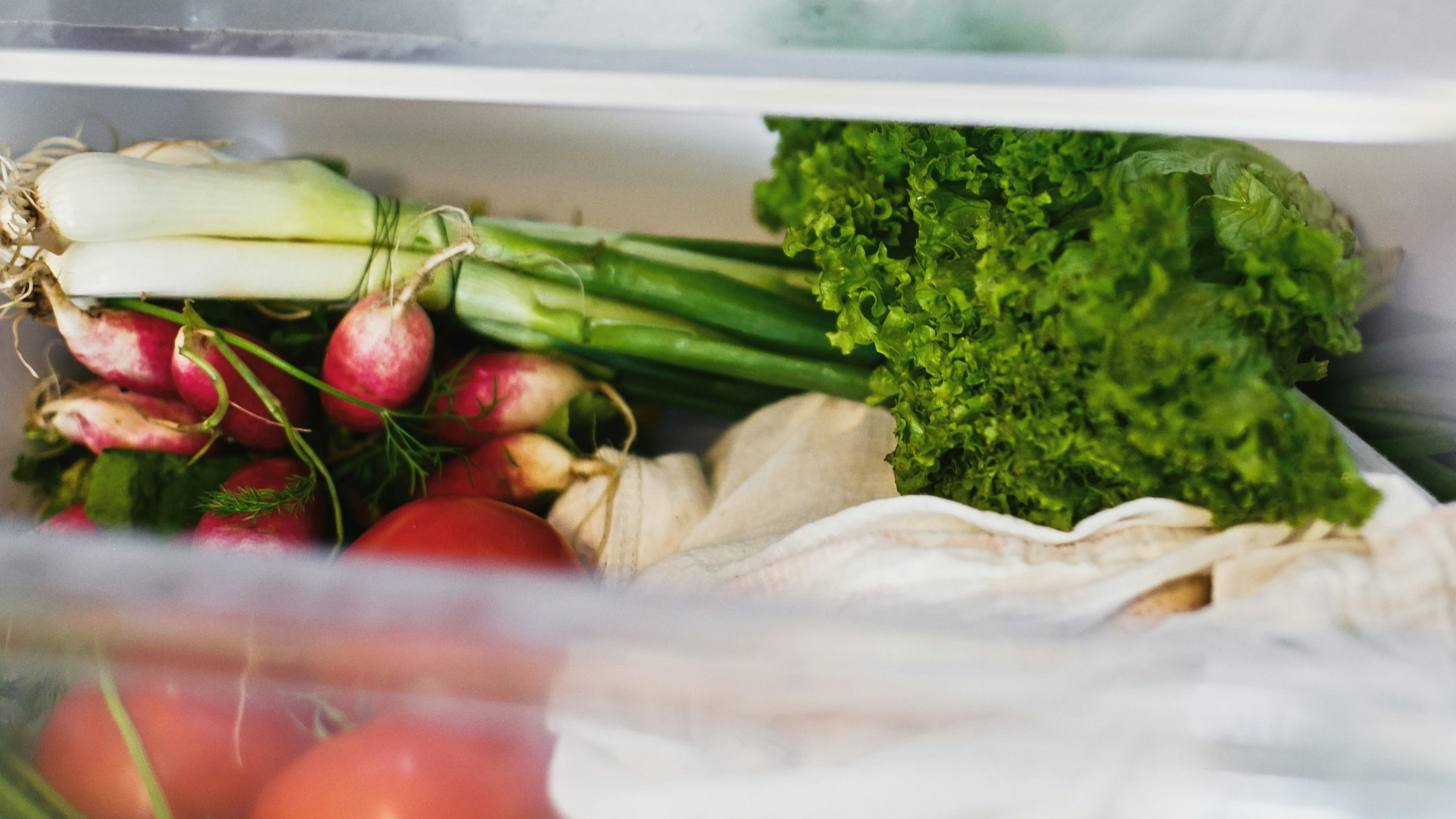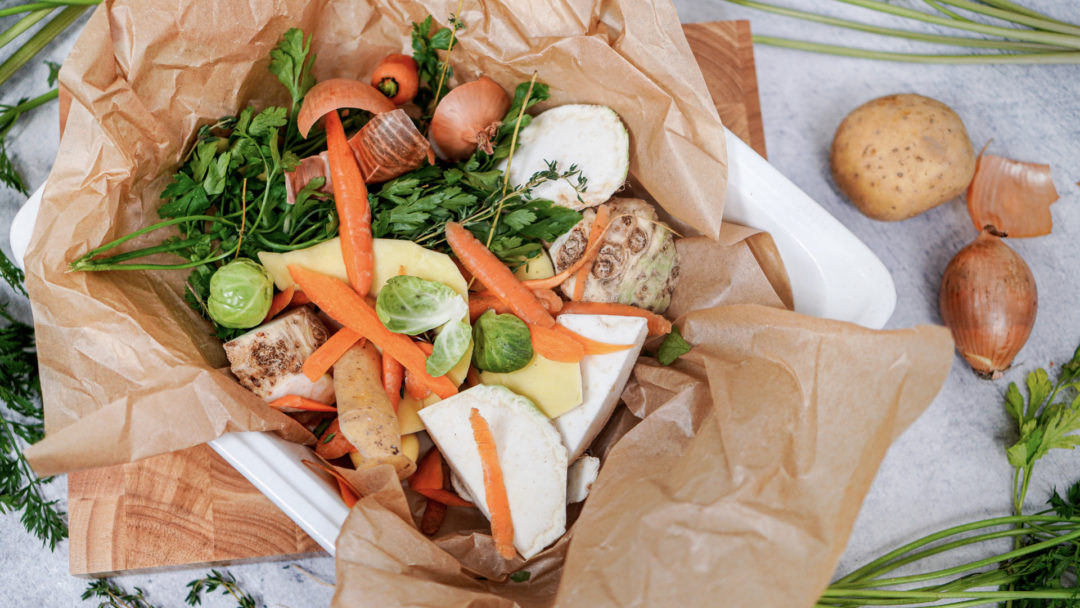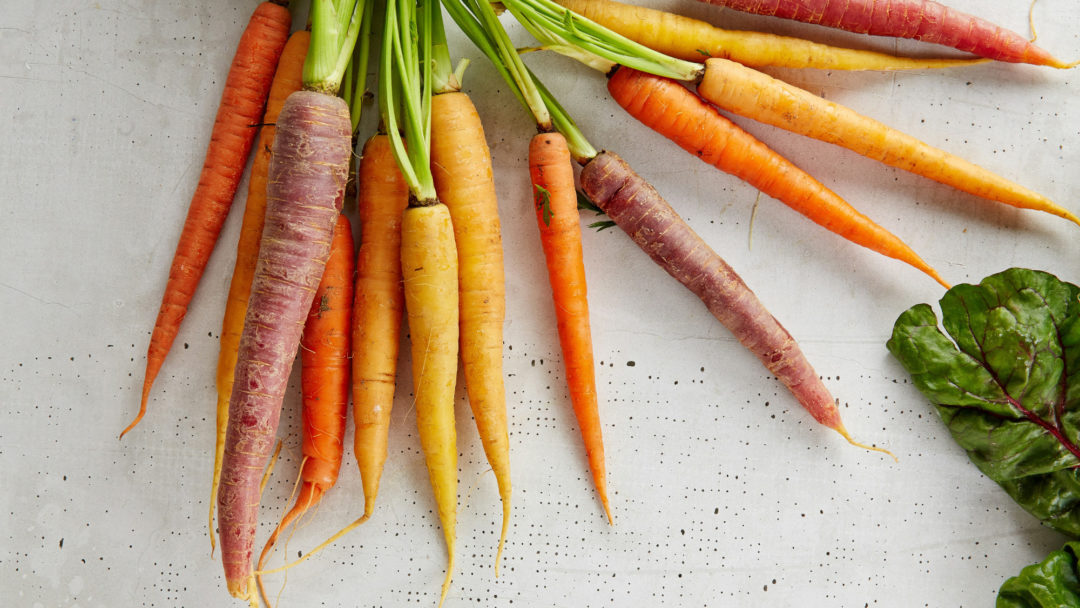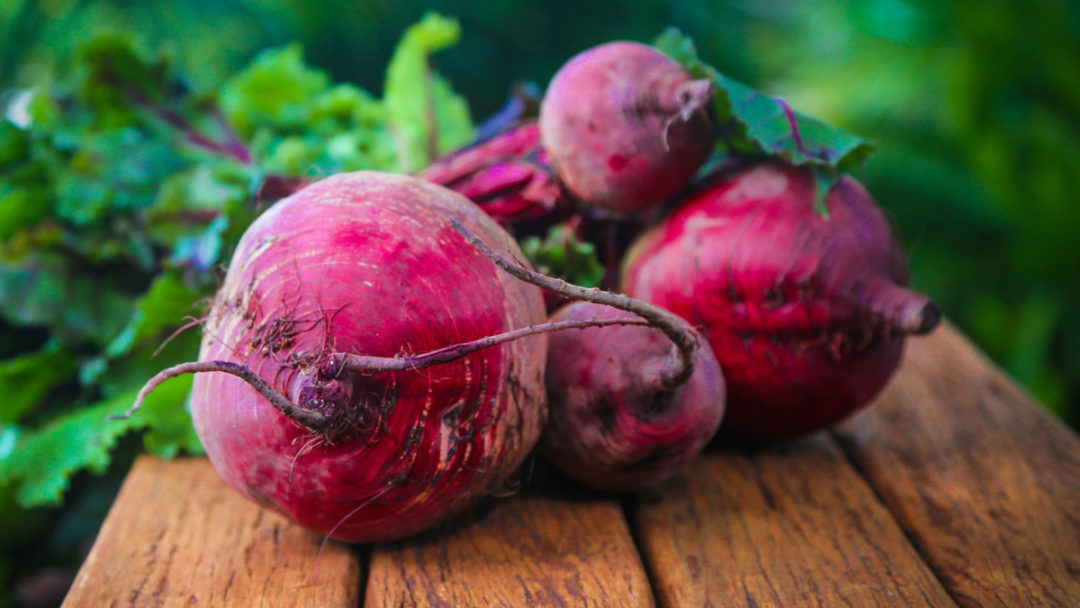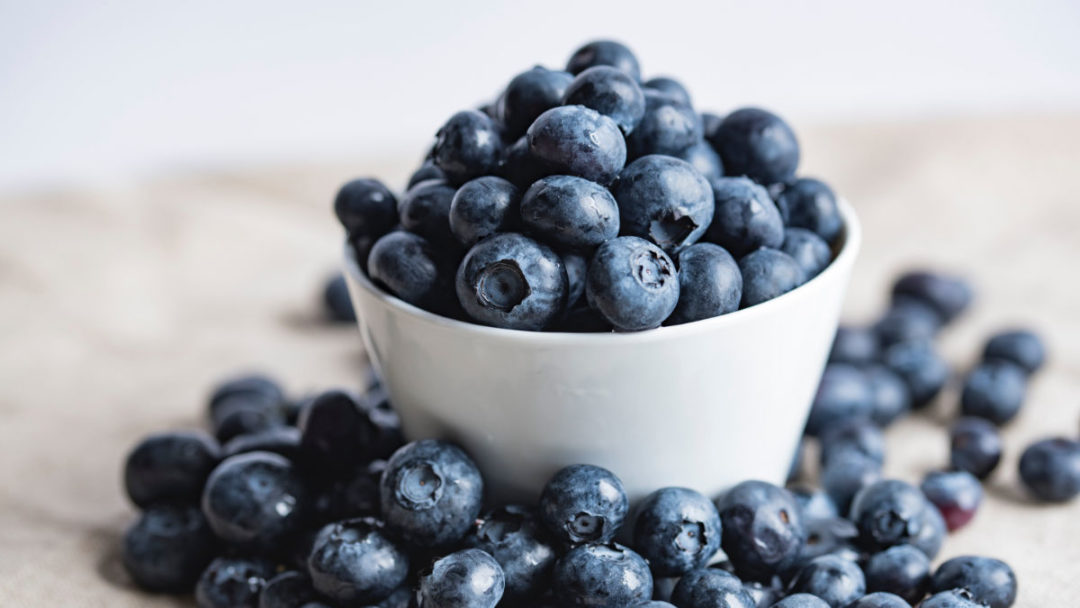Fruits and Vegetables
Onions and garlic love darkness and dryness. Ideally, store them in a breathable basket or paper bag. Beware of moisture – it causes mold and rot. Strawberries and blueberries last longest in the fridge, but don’t leave them there for more than a day. Do not wash them before storing. Moisture accelerates spoilage. Clean them just before consumption.
Potatoes belong in a dark and cool environment. A temperature around 7-10 °C is optimal. Higher temperatures promote sprouting, while direct sunlight causes the formation of toxic solanine. Tomatoes and bananas do not belong in the fridge. Cold disrupts their taste and texture. Let them ripen at room temperature.
Root vegetables should be stored in a cool and humid environment, ideally in the lowest drawer of the fridge. Remove the tops before storing and wrap in a damp cloth or perforated bag. This prevents drying out and maintains crispness for up to 2-3 weeks. Be careful of too tight packaging due to the risk of mold. Regularly check the condition and remove any rotten pieces. Proper storage preserves taste and valuable nutrients.
ALSO READ: How to store and process root vegetables in winter
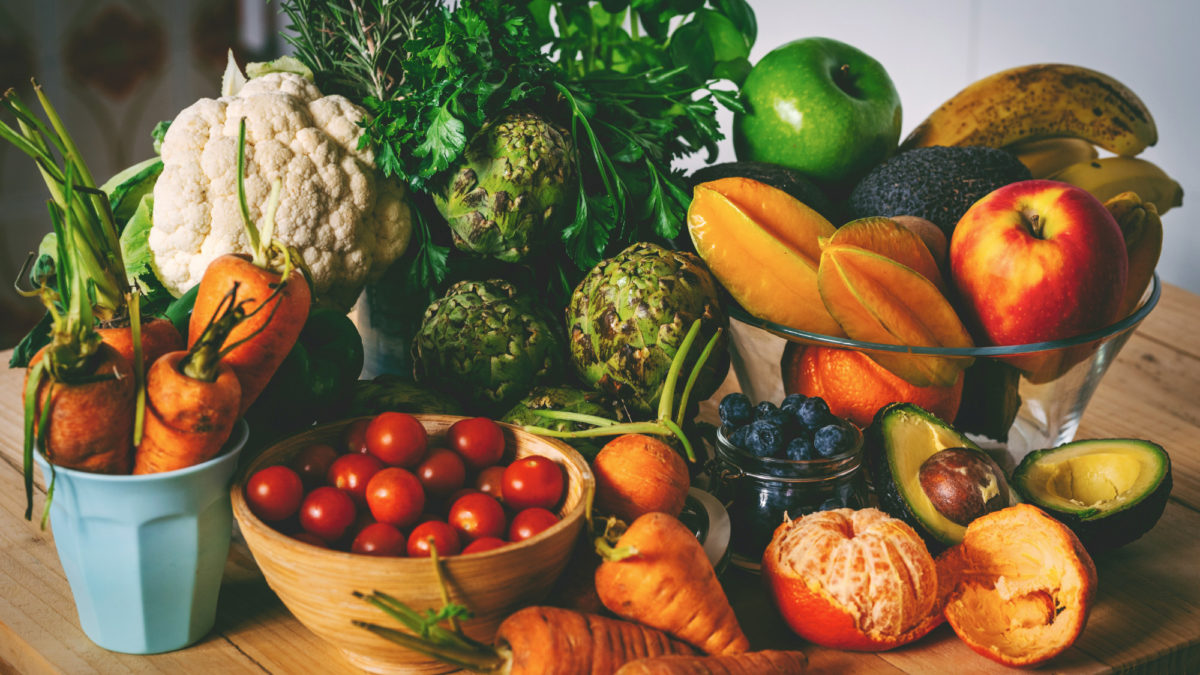
Eggs
Do not wash them before storing in the fridge. The shell is naturally protected against bacteria. Washing disrupts this protection. You can identify a fresh egg with a simple test. Submerge it in water – a fresh one will sink to the bottom, while an older one will float or hover on the surface.
Dry Foods
Flour, rice, or pasta attract pantry moths. Store them in tightly sealed containers in a dark and dry place. Regularly check for any uninvited guests.
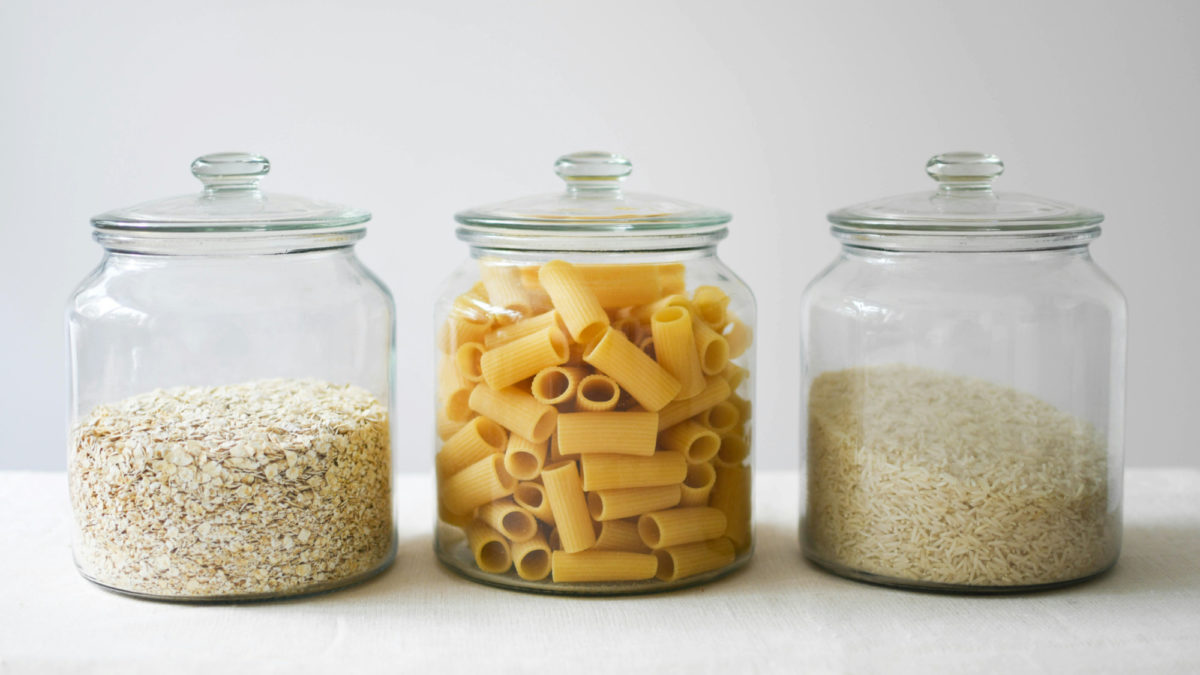
Meat
Fresh meat lasts in the fridge for a maximum of 2-3 days, placed in a sealed container or wrapped in cling film. If you can’t process it in time, it’s better to freeze it. In the freezer, it lasts 3-6 months without losing quality. Never allow liquid from thawing meat to drip onto other foods in the fridge.

Bakery Products
Bread and rolls should be stored in a paper or cloth bag. Plastic packaging causes moisture and mold. If you don’t slice the bread, store it with the cut side down.
Risks of Improper Storage
Proper food storage is a basic prerequisite for preventing foodborne illnesses. It is also important to maintain hygiene when handling food. Additionally, you can save a significant amount of money.
Statistics show that each resident of the Czech Republic throws away about 50 kg of food annually, worth several thousand crowns. Proper storage can significantly reduce this number.

